|
All this talk about ingredients got us thinking about how some will try to mislead consumers by either ignoring or downplaying the dangers or harmful effects of an ingredient or product. Of this, you are probably well aware. However, another way that we see consumers misled is by manipulating them into a strong reaction when that reaction isn't warranted. Here's an example. Let's say we are explaining sodium chloride (NaCl) to a consumer. If we want to alarm the reader, we would state that sodium chloride is derived from sodium, which is a harmful metal, and chlorine, which is a poisonous gas. Yikes! Sounds pretty dangerous! Factually, our statement is true. But it implies that the sodium chloride is terribly harmful, maybe even poisonous. It is not. Remember, we are talking about table salt here, and we eat it all the time in small doses. In fact, our bodies need some salt. The properties the elements have before the chemical reaction aren't necessarily the properties the compound has after the reaction. This is why it is a chemical reaction. If we really wanted to alarm you, we could tell you that sodium chloride could be found in antifreeze. It is true that salt lowers the freezing point of a liquid. So it is an antifreeze. Again, we associate antifreeze with poison, so referring to antifreeze triggers a negative response. We often saw a reference to antifreeze when we were researching propylene glycol, a common ingredient we discussed in hand sanitizer (and apparently in anti-freeze and e-cigarettes as well). Again, that doesn't inherently make it bad. It might just lower the freezing point or absorb vapor! However, we shouldn't summarily dismiss any concerns either. For us, information like that causes us to look a little deeper into a product or ingredient to try and get a better understanding.
It's never our intention to scare our audience into purchasing our products. We like to educate in a balanced and reasonable way. We love how natural and nourishing our products are, and we are glad we are finding an audience who values that too. We are constantly learning, and we hope you are too. Warmly, Ben and Polly Gorringe
0 Comments
We've made it to summertime! Our Cool Summer Vibes collection will transport you to the best feelings of summer -- fresh breezes, carefree days, juicy peaches, and cool nights. Here's the summer line-up, starting with a brand-new fragrance! Night VioletWe love this new, light and fresh scent! This clean floral starts with notes of bergamot, lemon, cucumber water, violet, and jasmine. Then you pick up deeper notes of cashmere and a touch of musk. It encapsulates the feeling of carefree summer nights! Emerald AgaveWe can't get enough of this one! Clean and fresh with subtly sweet herbaceous notes, it's a sweet mix of sea moss, melon, agave, passionflower, acai, aloe, coconut bark, teakwood, grass, and amber. Lush SucculentIt's a fresh and green mix of cucumber, vetiver, grass, honey, bamboo, geranium, sage, patchouli, oakmoss, and sandalwood. A clean, fresh and unique scent! Southern PeachThis isn’t your traditional peach; it’s softer, more rounded with some white floral notes and supporting softer tropical notes (think guava, mango and ripe papaya) thrown in to make a complex, sweet peachy dessert scent. One whiff of this scent, and you'll be transported to some of your most delicious summer memories! Whether you try the body oil, lotion, sugar scrub, fragrance mist, or soap we hope you can take some time this summer for these simple pleasures! Use the coupon code VIBES20 to receive 20% off all items in our Cool Summer Vibes collection for the month of July when you order at marthasbathandbody.com.
Many of you have asked us if we will have a hand sanitizer soon. We've been working on formulating a hand sanitizer for a while now, even before COVID-19. Then when the demand increased we couldn't get the raw materials to further experiment with our formula. The good news is now we have the perfect supply of the raw materials needed to make a really awesome hand sanitizer! But here's the bad news -- we can't do it. Although it is physically possible for us to make hand sanitizer, we can't manufacture or sell hand sanitizer. Here's why. Upon further research, we learned that hand sanitizer is considered an over-the-counter drug. It's not a cosmetic like lotion. It's not soap. It's in another class altogether. This means there's another whole set of rules. Both the Food and Drug Administration (FDA) and the Bureau of Alcohol, Tobacco, Firearms and Explosives (ATF) are involved in regulating hand sanitizer. The bureaucratic and legal processes we'd have to go through to be able to sell hand sanitizer are staggering, and it just doesn't make sense for our small business. Even with the FDA's temporary policies for hand sanitizer in response to COVID-19, it's still not do-able for us. The FDA's temporary policies allow for facilities such as distilleries to switch to making hand sanitizer to meet the current demand. The FDA also regulates the exact formula distilleries should use for their sanitizer. More about that in a bit! What's In Your Hand Sanitizer?This is where our frustration comes in -- we know we can make a cleaner, purer hand sanitizer than what's commonly out there. Each formula for each manufacturer has to be approved by the FDA as part of the process. Here's a snippet from the label of a typical hand sanitizer. This particular hand sanitizer boasts of having Vitamin E and Aloe added, which makes the consumer feel like they are getting a superior product. Let's take a look at the ingredients. Obviously the active ingredient of ethyl alcohol is the key thing here. This is what is doing the sanitizing. So what are all the inactive ingredients for? They are there to thicken the sanitizer into a gel form, to make it smell a bit better, and to stabilize the formula. Here's a look at a few of the inactive ingredients that you may not recognize.
When Distilleries Make Hand SanitizerIn conjuction with the Coronavirus Aid, Relief, and Economic Security (CARES) Act, the FDA allowed for increased of production of hand sanitizer by loosening their restrictions. This is allowing production facilities such as distilleries and breweries to make hand sanitizer. This is a temporary policy during the COVID-19 public health emergency. The FDA dictated the formula (which is WHO approved) for these hand sanitizers. Here's what's in them.
If you are looking for this type of hand sanitizer, a Columbus-based company, Middle West Spirits, is currently making hand sanitizer. You can check out their website here. We aren't associated with this company (and I'm sure they have no idea who we are), but we thought you might be interested in knowing about them. Let us know if you have any other hand sanitizer sources we should know about.
|
Our PassionThis blog is an interactive place where we can share more about natural skin care and how we create what your skin craves! Archives
November 2022
Categories |

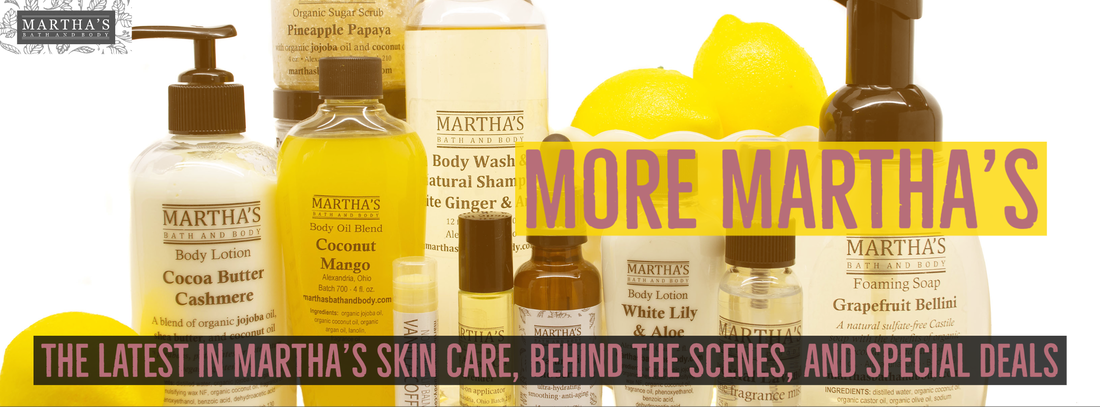
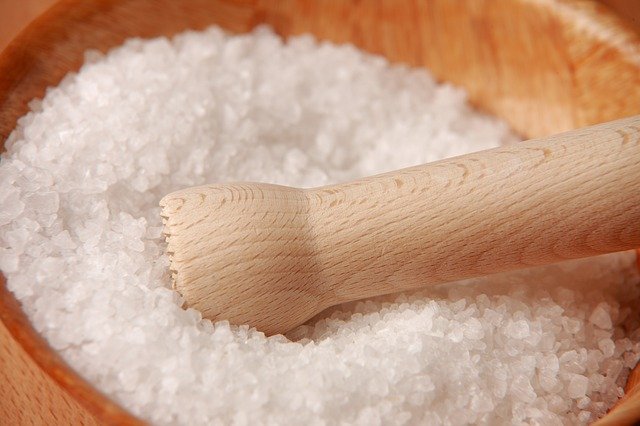
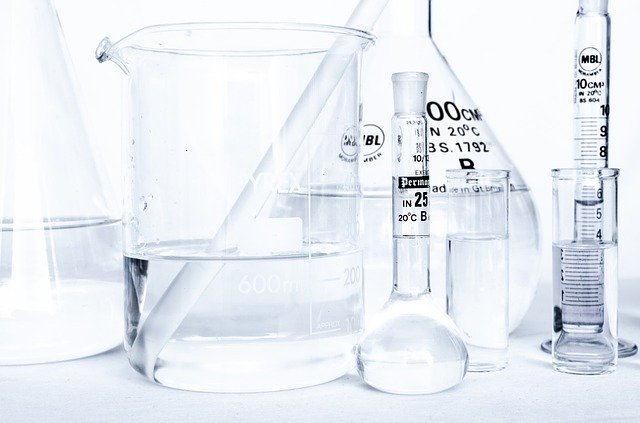
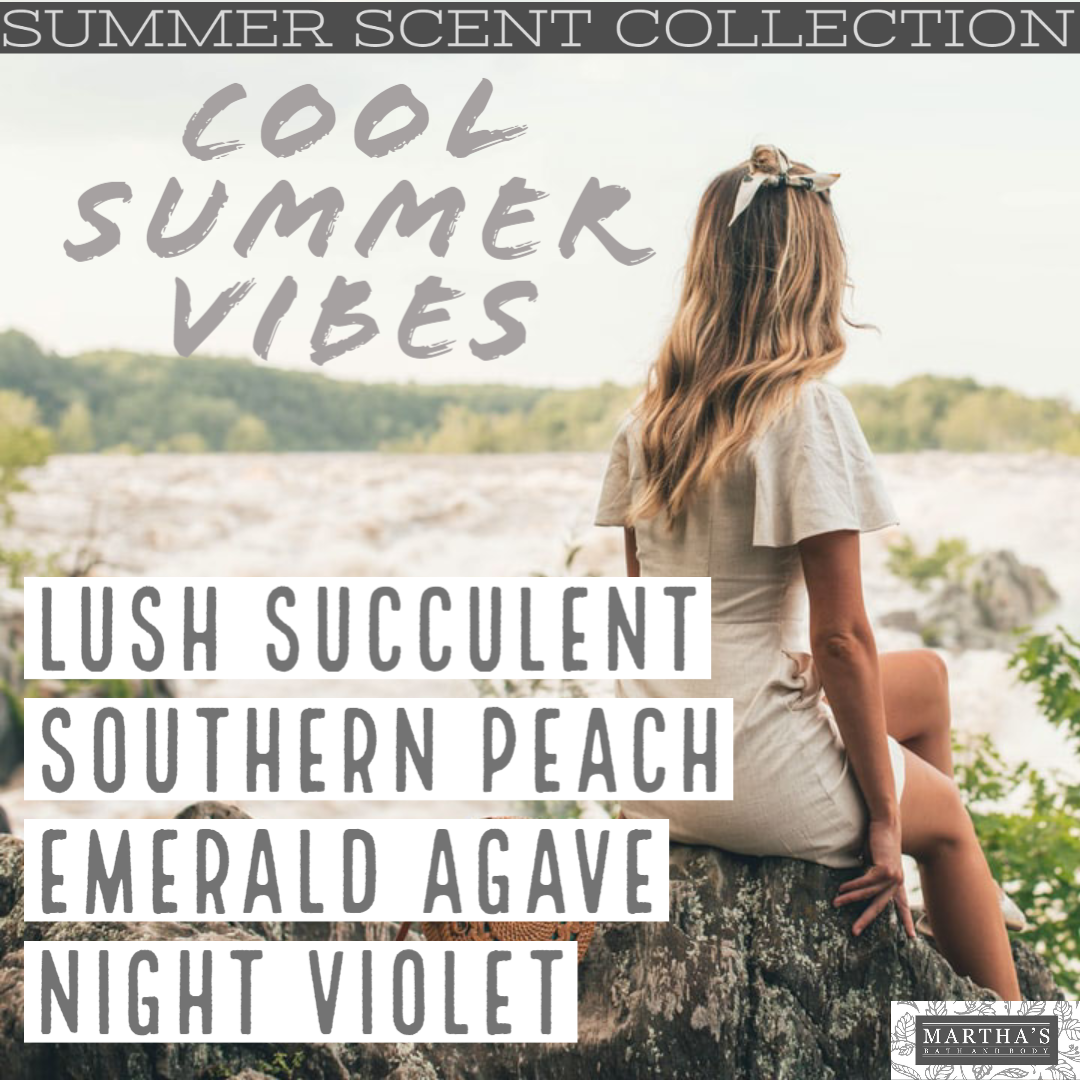
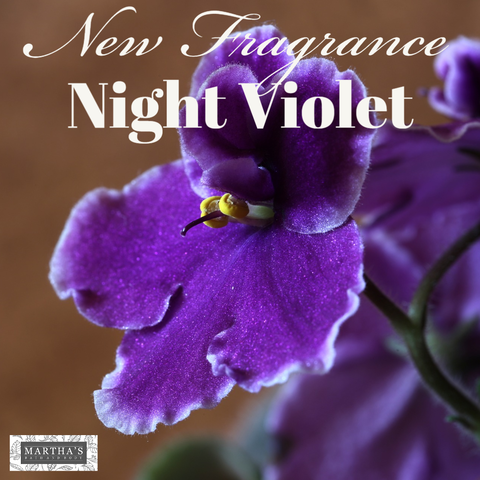
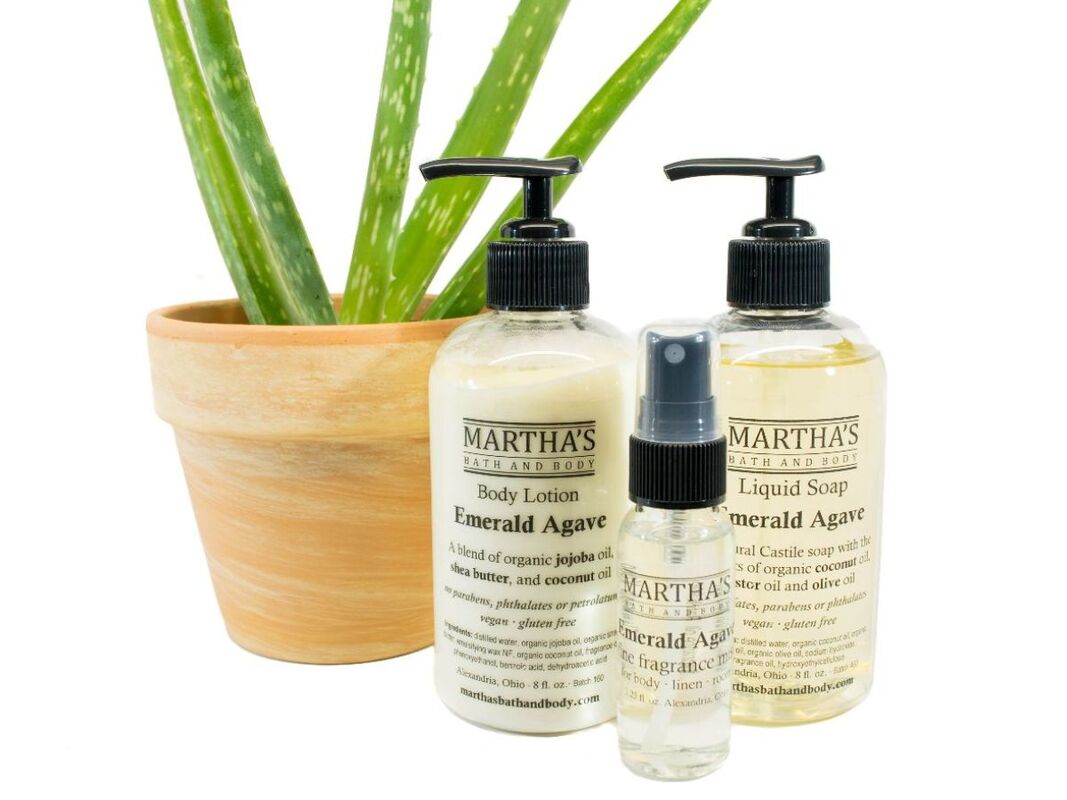
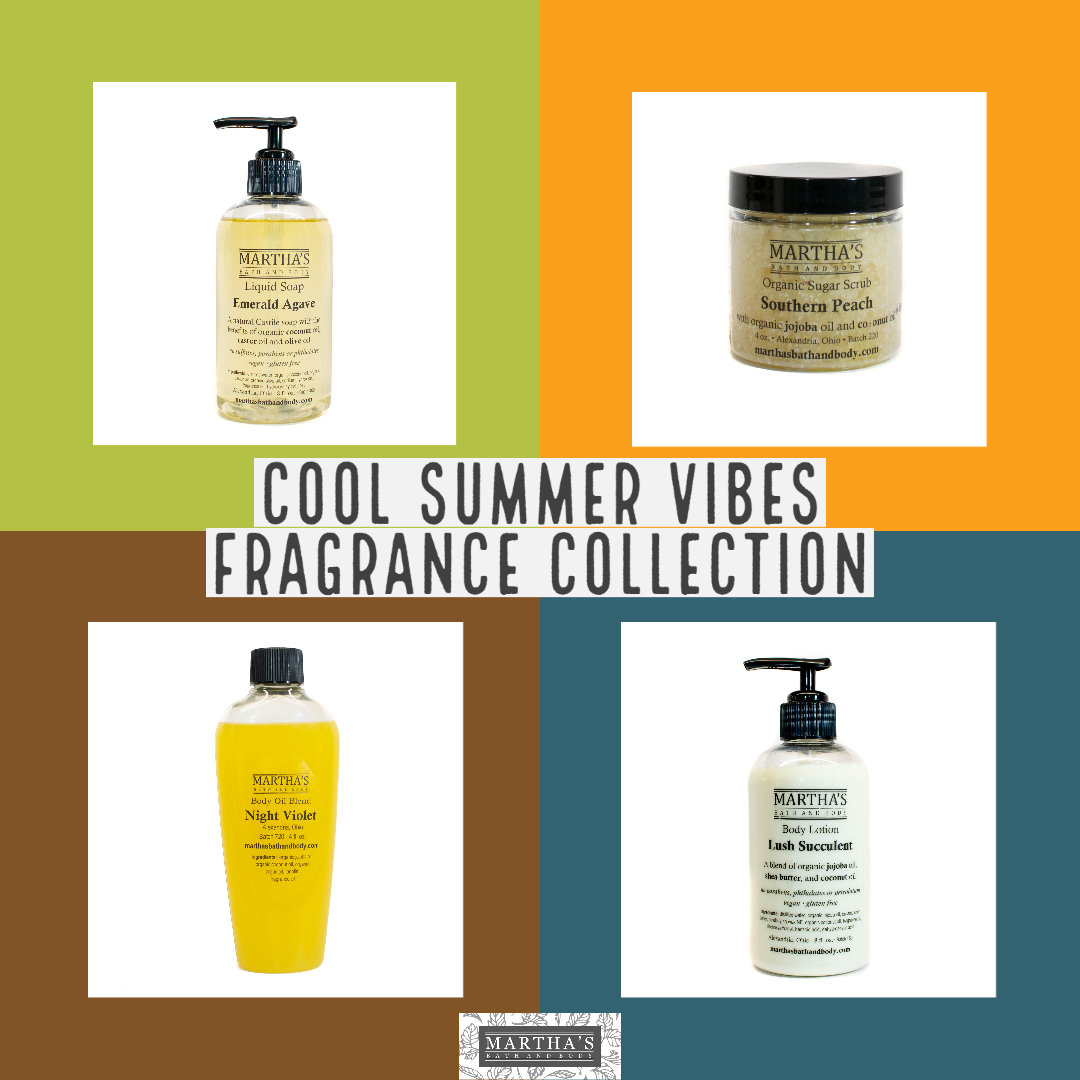
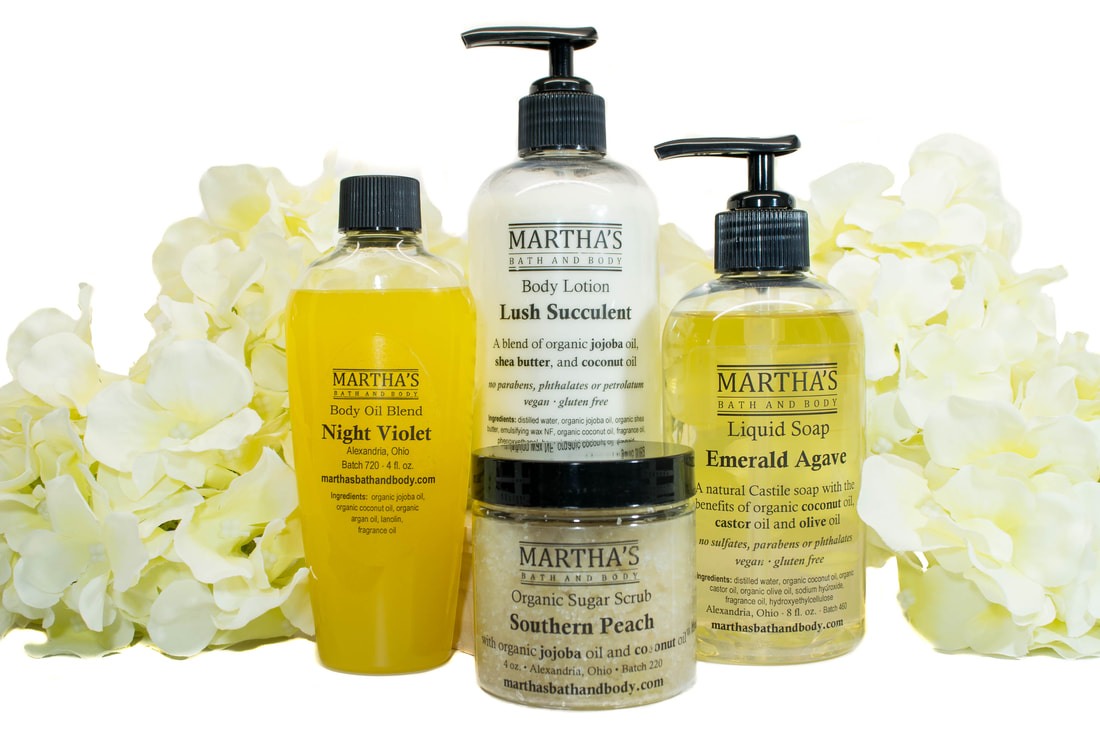
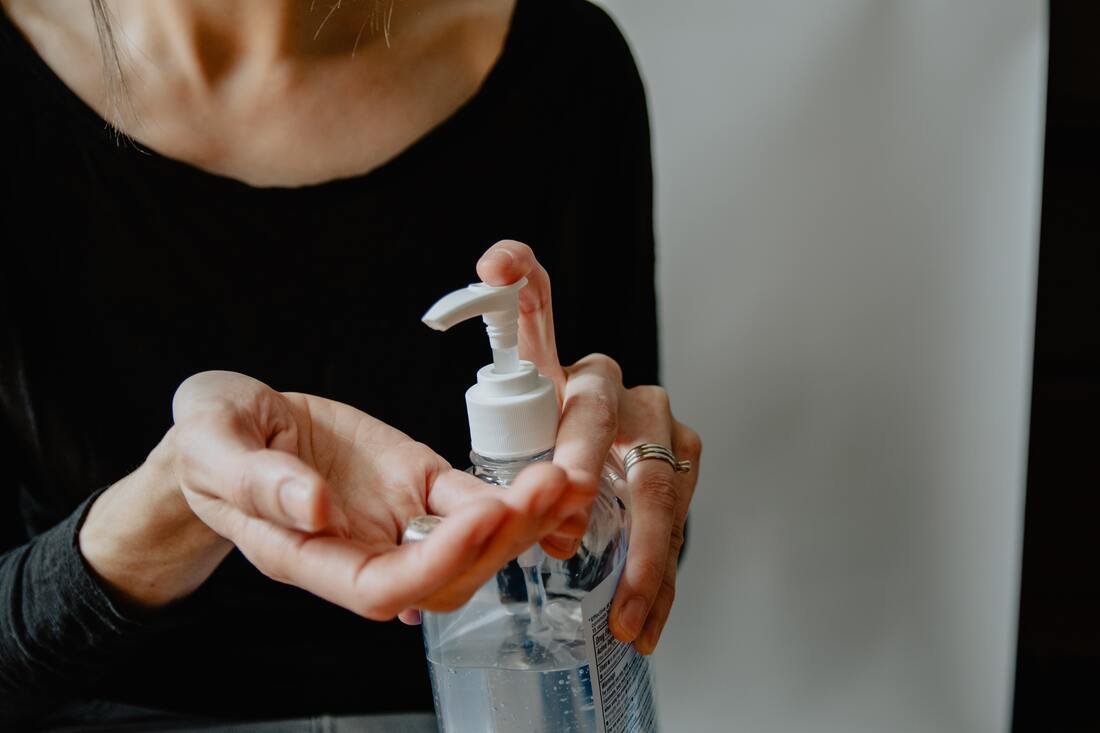
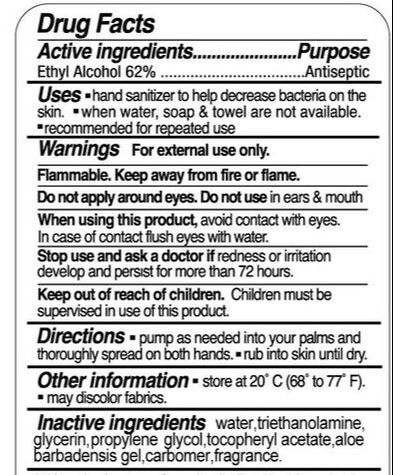
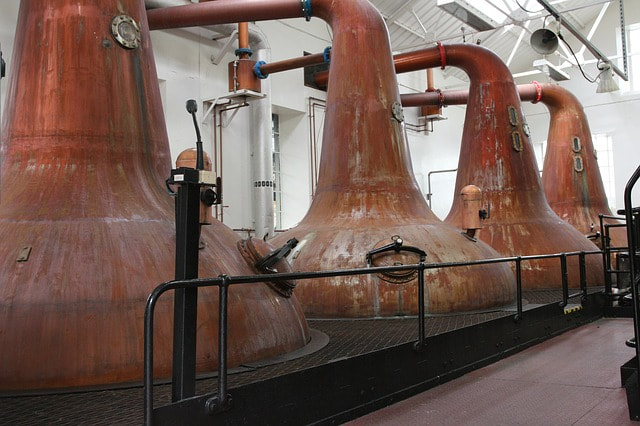
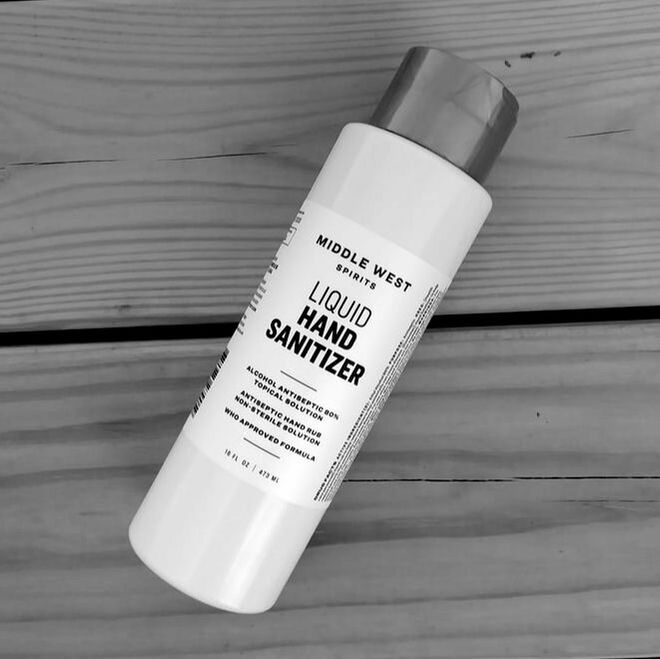
 RSS Feed
RSS Feed